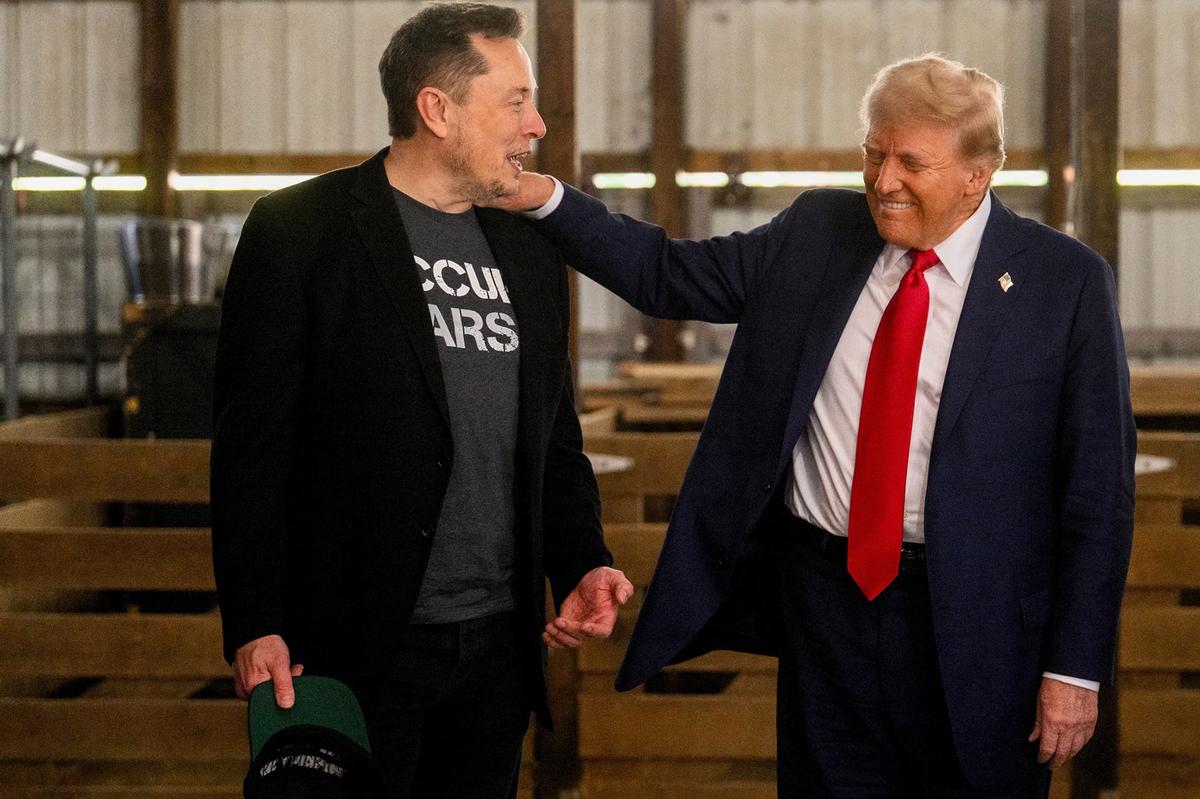Physical Address
304 North Cardinal St.
Dorchester Center, MA 02124
Physical Address
304 North Cardinal St.
Dorchester Center, MA 02124

According to internal State Department cables obtained by The Washington Post, the U.S. has been quietly encouraging countries hit by Trump-era tariffs to approve Elon Musk’s satellite internet service, Starlink.
The effort, led by Secretary of State Marco Rubio, directs embassies to help clear regulatory barriers for satellite companies—often naming Starlink specifically.
Takeaway: The U.S. is promoting Musk’s tech abroad while trade tensions linger.

Nations like Lesotho, India, Pakistan, Vietnam, and South Africa have approved or engaged with Starlink recently. Many of these moves came during or shortly after talks to ease U.S. tariffs.
For example, Lesotho granted a 10-year license to Starlink days after Trump’s 50% tariffs were announced. A State Department memo labeled it a goodwill gesture to attract U.S. businesses. Vietnam approved Starlink on a trial basis while also reducing tariffs to avoid further penalties.
Takeaway: The timing of approvals suggests countries may be using Starlink access to improve trade ties.
The cables don’t explicitly state that Starlink approval is a condition for tariff relief. But the pattern raises eyebrows. Starlink is mentioned often. Tariffs loom large in the background. And countries appear to connect the dots.
Democrats in Congress, including Sen. Mark Warner, are now calling for an investigation into whether Musk used his Trump administration influence to push foreign deals.
Takeaway: No formal deals were made—but the optics are enough to trigger political scrutiny.
Starlink has been crucial to Ukraine’s war effort, enabling battlefield communication and drone coordination. With over 7,000 satellites in orbit, it’s a lifeline. Expanding into more markets could strengthen SpaceX’s financial base—and, by extension, support for Ukraine.
But there’s a flip side. Musk has previously threatened to limit Starlink’s use in Ukraine. And if countries like India or Vietnam—less aligned with U.S. foreign policy—gain leverage, it could complicate access.
Takeaway: Starlink’s global growth could both stabilize Ukraine’s internet and introduce new geopolitical risks.

At its core, this is about influence. Promoting Starlink helps the U.S. counter Chinese providers in the global internet infrastructure race. And while the Trump tariffs were designed to pressure trade partners, they’ve also become leverage points for promoting U.S. tech.
Takeaway: The Starlink push isn’t just business—it’s part of a broader U.S. play to shape global digital infrastructure.
Daily News. No B.S. No Fluff. Just What You Need to Know.